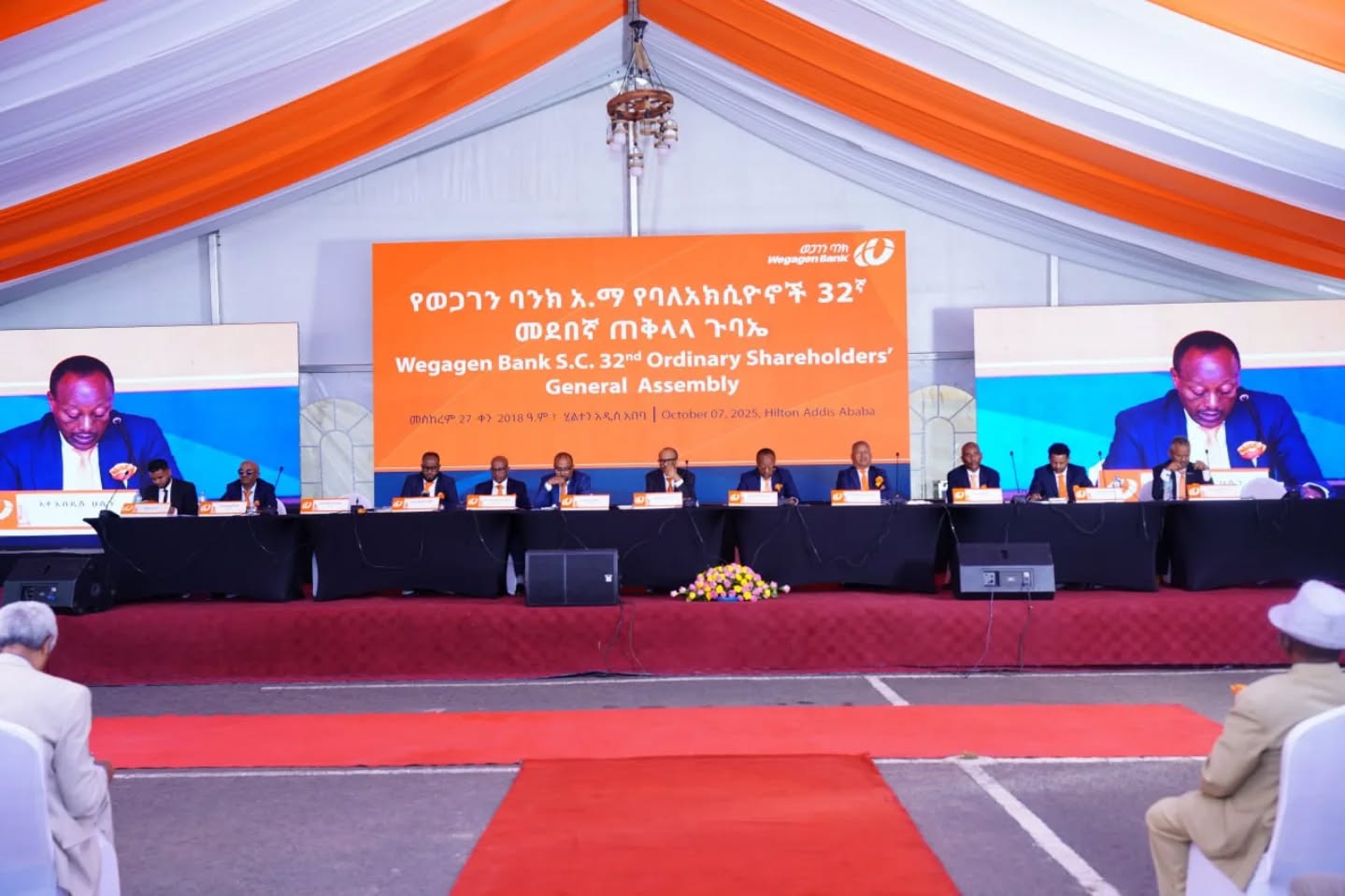
The Metals & Engineering Corporation (MetEC), which is heavily indebted and has lost consumer and public trust, is waiting for final approval from the Council of Ministers to change its name to start afresh. The Corporation will repurpose itself as an engineering group with new capital.
As the last option for rescuing the company from its flurry of financial crises, the management of the company has been working on a reform document and regulations for the reestablishment of the Corporation that was tabled to the Council of Ministers.
"We can't ride a dead horse," said Daniel Kitaw (PhD), the board chairperson of the Corporation. "The best strategy is to get off."
The company has weathered one crisis after another over the past couple of years, obtaining a large debt load in the process, delaying mega projects and receiving bitter criticism for the poor quality of its products. The company carries a total of 74.2 billion Br in total debt, of which over half is registered in its book of account. It is currently operating at only 40pc of its capacity.
"On top of its weak capacity to service its debt," reads the company's financial report, "the interest rate accumulated over years threatens the existence of the Corporation. However, the Corporation can be rescued through financial restructuring."
Due to the heavy debt stress, the management has asked the Ministry of Finance for debt restructuring. It asked to pay 7.7 billion Br of the debt itself and convert seven billion Br and 13.7 billion Br into capital and bonds, respectively. It also requested that 16.4 billion Br be written off.
Along with revitalising the company, the management has designed a five-year strategy that aims to generate 17.5 billion Br in revenues in the next five years. The strategic document was approved by the board of the Corporation in June and is currently waiting for a green light from the Public Enterprises Holding & Administration Agency.
The company, which had been in a dilemma with its marketing strategy on whether to be market-driven or customer-oriented, has now decided to put customers at the centre of its goals and strategies.
The management's plan for revenue generation over the next five years has been put forth despite the last fiscal year's below target performance. During the recently ended fiscal year, the company was able to achieve 38pc of the plan. It intended to generate 9.5 billion Br but was able to amass only a little over one-third of that figure.
Out of the revenue, the largest share of it was made from sales revenue amounting to 3.4 billion Br. It also generated 39.1 million Br, 38 million Br and 1.2 million Br from property disposal, receivables and rent, respectively. During the past fiscal year, the company serviced close to one billion Birr of its debt.
The gross profit of the company stood at 195.1 million Br, which is a quarter of the target.
This is a very significant underperformance, according to Abdulmenan Mohammed, a financial statement analyst with close to two decades of experience.
"This reveals that either there is a problem with planning or failure to attain the goal," he said.
When we compare the actual gross margin to a planned one, it is much less. MetEC planned a gross margin rate of 26pc but only achieved 18pc.
"This shows that the cost of sales went up significantly," said Abdulmenan. "The management should explain why the cost of sales went up without a parallel increase in prices."
MetEC also has a poor balance sheet. Its total assets stand at 41.6 billion Br with a very close value of liabilities at about 41.5 billion Br. This puts the company's asset-to-liability ratio at 108pc.
While evaluating the performance of the Corporation, the board identified enormous debt, high staff turnover and limited capacity as the major limitations of the company.
The performance will hopefully be improved during the current fiscal year, according to Hiwot Mosisa, MetEC's new CEO, who also predicts that the reforms completed in the last two years will start bearing fruit.
During the reform, different teams and committees were formed to diagnose the problems, explore scenarios on how to resolve them, and how to go forward with the reforms, according to her. The major thing the Corporation did during the reform was to identify its assets and liabilities.
With the current reform, the Corporation is working on restructuring its organisational setup, debts and human resources. Once the regulation is approved, it will operate nine industries. It already handed over four industries that produce military armaments to the Ministry of Defence.
The split up of the company was introduced after Prime Minister Abiy Ahmed (PhD) came to power and decided to have the Corporation undergo a separation into a commercial and a military wing, ending its structure as a military-industrial conglomerate.
The late Prime Minister, Meles Zenawi, put forward the establishment of the Corporation as one of the major tools for industrialisation intending to transform Ethiopia into a middle-income country. When MetEC was established a decade ago with a registered capital of 10 billion Br, it incorporated 15 military and civilian industries. One of the industries was later dissolved.
During its establishment, the company was given seven main mandates: building the technological capabilities of the country's defence forces; the design, building and commissioning of manufacturing industries; the manufacturing of industrial machinery; the enhancement of engineering and technological capabilities; the manufacturing, maintaining, overhauling and upgrading of weapons, equipment and parts for the military; and the sale of weapons.
However, over the years, the Corporation ran into problems and has been criticised for financial mishaps, carrying massive debt, losing client trust, and delaying mega projects. This led the Corporation to lose major projects it had under contract including the Grand Ethiopian Renaissance Dam (GERD), the sugar factories and Yayu Multi-Complex Industries Project.
Two years ago during a corruption crackdown, police arrested Kinfe Dagnew (Gen.), the founding CEO, and three dozen former officials and employees of MetEC. Their case is pending at the Federal High Court after the federal prosecutor charged them for alleged corruption crimes.
The Corporation went off track after the passing of the late Prime Minister, according to a former senior executive at the Corporation.
"After that, it ran into a leadership crisis," he said, "especially in the finance department, which is responsible for all problems."
Hiwot admits this. All divisions of the Corporation led by deputy director-generals used to have their own financial administration, according to her, admitting that the financial management of the company was dismantled and poor.
As part of the reform process, the management is working on restructuring the finance department, adopting International Financial Reporting Standards (IFRS), issuing a new finance directive, and appointing professionals in the accounting and finance department, according to Hiwot.
"We're also planning to adopt ERP [Enterprise Resource Planning] to streamline our financial system management," she told Fortune.
To financially revive, the company has its hopes in the 12.8 billion Br in receivables and close to 13 billion Br in stock as sources of revenues. They intend to focus on changing its resources into liquid cash by selling off five billion Birr of the stock.
Debt consolidation is also one of the major targets of management, which already held discussions with representatives of 17 government institutions to identify the Corporation's debt and consolidate it, according to Hiwot.
"We have to pay our debt, especially from the Commercial Bank of Ethiopia (CBE) since it's public money," she said.
The company will work on aggressive marketing to increase sales revenues, according to Hiwot.
"We'll aggressively promote our products to change the negative perception of the public," she said. "We'll also improve the quality of our products since we're preparing new standards."
"With a combined effort of the board and the management and operating against all odds," said Daniel, "we're turning a new leaf."
The Corporation is also on its way to a new human resource restructuring effort that was studied by the Industrial Projects Service. The 85-page document includes a changed human resource structure, job descriptions, as well as job and salary scales.
"We'll only retain competent employees," he said.
PUBLISHED ON
Aug 08,2020 [ VOL
21 , NO
1058]

Fortune News | Mar 23,2019

Radar | Sep 19,2020

Viewpoints | Apr 30,2021
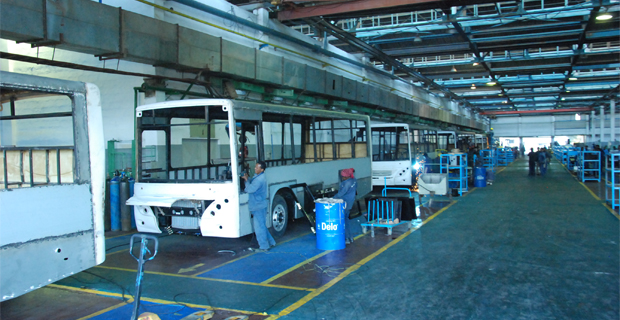
Fortune News | May 11,2019
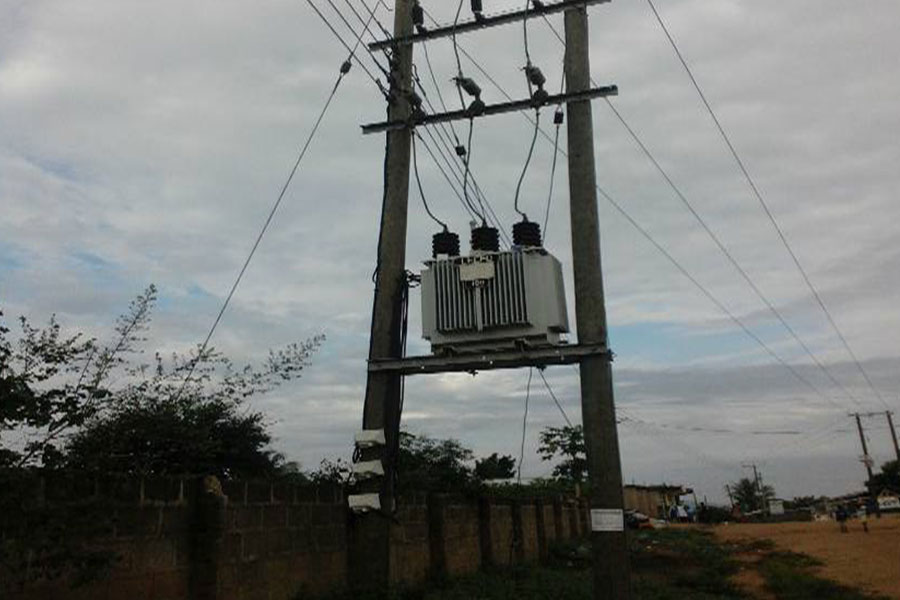
Fortune News | Jan 19,2019
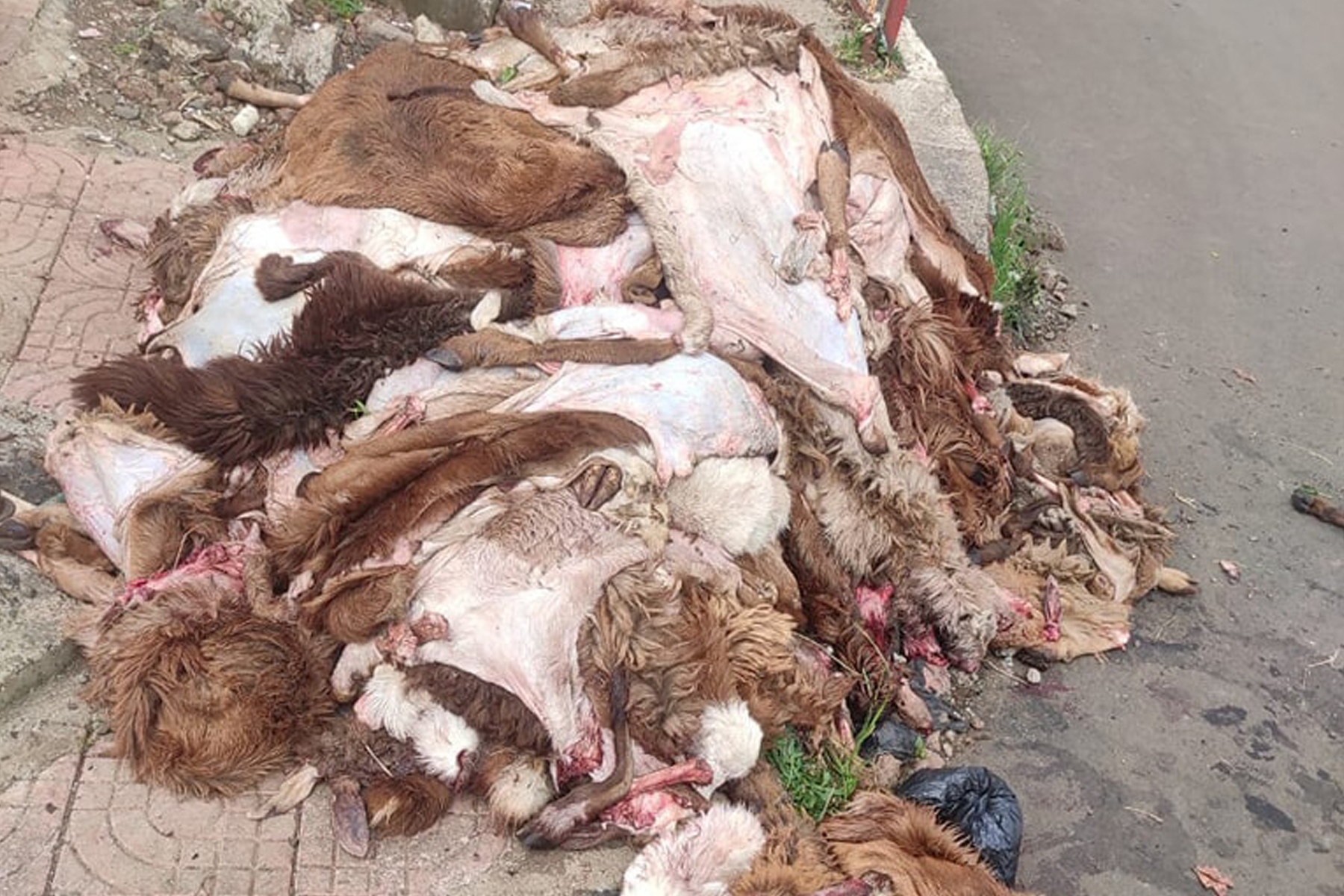
Fortune News | Apr 06,2024

Life Matters | Dec 11,2020

Obituary | Nov 16,2019

Sunday with Eden | Mar 11,2023
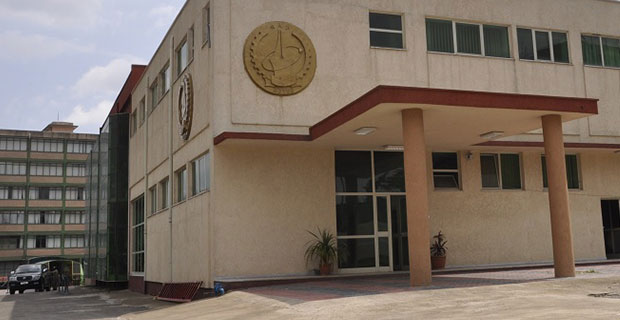
Fortune News | Dec 21,2019

Dec 22 , 2024 . By TIZITA SHEWAFERAW
Charged with transforming colossal state-owned enterprises into modern and competitiv...

Aug 18 , 2024 . By AKSAH ITALO
Although predictable Yonas Zerihun's job in the ride-hailing service is not immune to...

Jul 28 , 2024 . By TIZITA SHEWAFERAW
Unhabitual, perhaps too many, Samuel Gebreyohannes, 38, used to occasionally enjoy a couple of beers at breakfast. However, he recently swit...

Jul 13 , 2024 . By AKSAH ITALO
Investors who rely on tractors, trucks, and field vehicles for commuting, transporting commodities, and f...

Oct 4 , 2025
Eyob Tekalegn (PhD) had been in the Governor's chair for only weeks when, on Septembe...

Sep 27 , 2025
Four years into an experiment with “shock therapy” in education, the national moo...

Sep 20 , 2025
Getachew Reda's return to the national stage was always going to stir attention. Once...

Sep 13 , 2025
At its launch in Nairobi two years ago, the Africa Climate Summit was billed as the f...